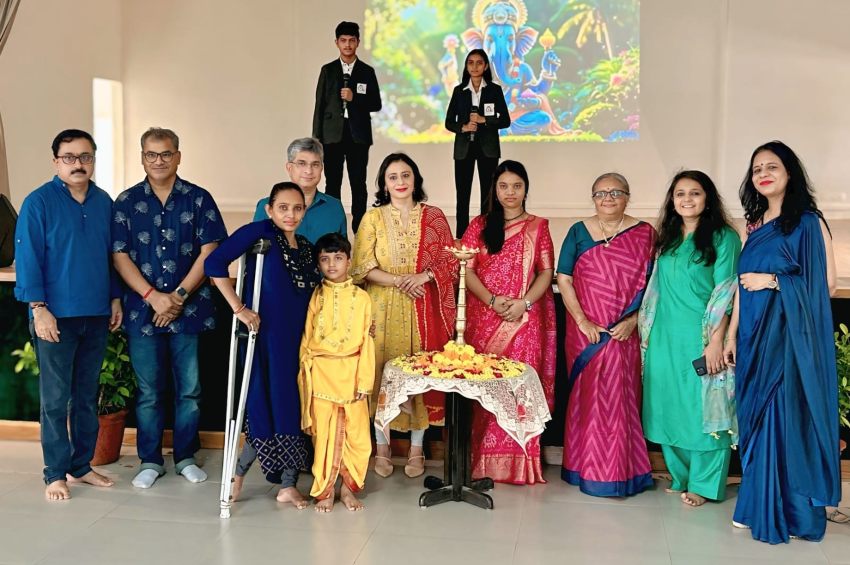The Delhi government has announced that it will soon start training school teachers in traditional knowledge systems as part of a broader educational reform. The goal is to bring India’s rich heritage—like Ayurveda, yoga, classical arts, Indian philosophy, and ancient sciences—into the classroom in a meaningful way. This move aims to balance modern education with indigenous wisdom and make students more aware of their cultural roots.
I’m writing about this because education is not just about textbooks and exams. It’s about building identity, awareness, and values. In a country like India, where we have thousands of years of knowledge in areas like medicine, architecture, and mathematics, our children should at least be introduced to that legacy. The fact that the Delhi government wants to train teachers first—rather than push new content without preparation—shows a more thoughtful approach. Also, this initiative could be a turning point if implemented properly, inspiring other states to follow. It’s important that teachers feel confident in what they are teaching, especially when it’s outside the regular syllabus.
Why Traditional Knowledge Belongs in Classrooms
For many years, the Indian education system has been accused of ignoring its own roots. While students learn about global history and science, there’s often little focus on India’s own contributions—like the works of Charaka, Aryabhata, or ancient texts such as the Vedas. Introducing traditional knowledge in schools can:
- Help students connect with their cultural identity
- Encourage holistic thinking, especially through subjects like Ayurveda and yoga
- Develop a sense of pride in India’s heritage
- Offer alternative ways of thinking alongside modern science
This isn’t about replacing modern education—it’s about adding to it.
What Kind of Training Will Teachers Get?
According to the Education Minister, the training will be given in a structured and phased manner. Here are some early points we know:
- Teachers will be trained in basic concepts from Indian philosophy, traditional medicine, and classical Indian texts
- Experts and scholars from institutes working on indigenous knowledge will be involved in preparing modules
- Workshops and interactive sessions will be organised for hands-on exposure
- There will also be a focus on how to integrate this knowledge into everyday classroom teaching without burdening the syllabus
This is especially useful for social science, moral education, science, and physical education teachers.
How Will This Benefit Students?
Bringing traditional knowledge into schools can have a big impact, especially on students from urban backgrounds who might be completely cut off from Indian practices.
- For example, students can learn yoga not just as a physical activity, but as a complete philosophy of life
- In science classes, they might explore ancient Indian methods of water conservation or food preservation
- Moral education could include teachings from Indian epics and texts
- Even in language classes, students could be introduced to classical poetry, drama, and storytelling styles
This can make learning more engaging, relatable, and rooted in our surroundings.
Challenges and the Way Forward
While this initiative sounds promising, there are some practical concerns too:
- Teachers may resist if the training isn’t done properly or if they feel overburdened
- There could be controversy over what qualifies as “traditional knowledge” and what doesn’t
- Without proper monitoring, it may become tokenistic
That’s why the training has to be high quality, inclusive, and secular. The focus should be on education, not ideology. If Delhi gets this right, it could serve as a model for the rest of India.










